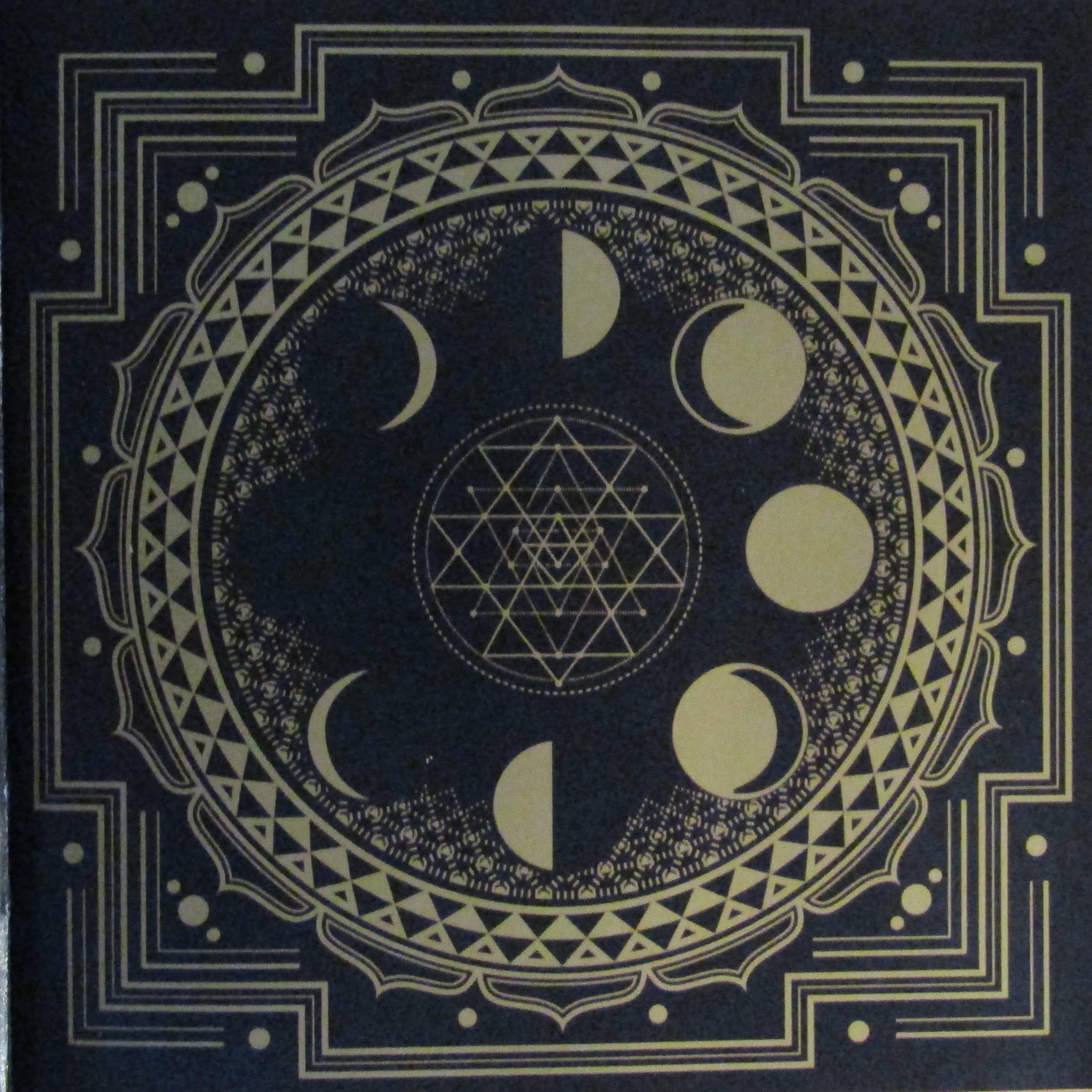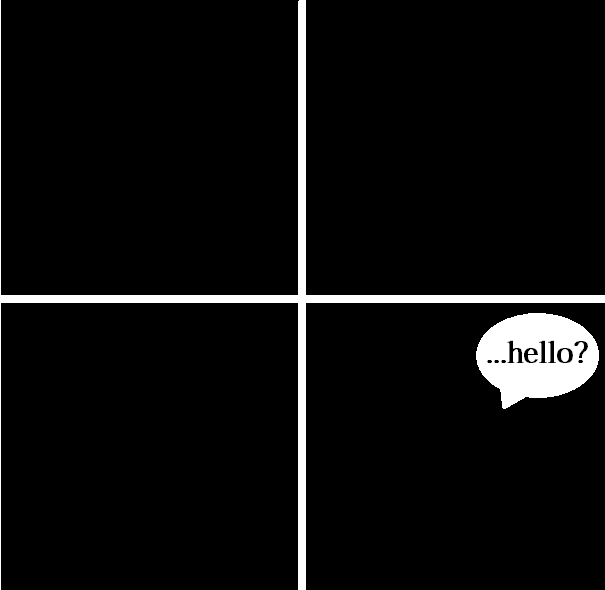
Yob: Song by Song is a series of articles that examines each and every Yob song in chronological manner. This one is on Our Raw Heart, the seventh and final track of their eighth album Clearing The Path To Ascend.
So here we are. The end of the line; Our Raw Heart. Picture this: it’s summer. It’s your favourite place to be. You finally knocked out the lumberyard bully. All of your friends are there. You have a cold beverage of your choice* in hand. Yob are on stage and start playing this song. You cry. The end.
Much like when a space shuttle lands successfully and the NASA control room goes mad, or when (spoiler alert) Warden Norton discovers Andy DuFrasne’s escape tunnel, when the band explodes in at 1.19, it’s a special moment. The double-tracked guitars are shimmery and glassy, but also warm, swimming in delay and chorus FX.
In the piece on opening track Ablaze, I said that the album title, Our Raw Heart, sounds very emo. However, Our Raw Heart – the song – sounds very happy, almost like Torche’s Harmonicraft played at 33 instead of 45 RPM. It is in the same vein as Beauty in Falling Leaves; gentle, melodic, yet always powerful. And despite the heavy repetition, Our Raw Heart has an ascending feeling. The two main chord changes that make up the songs only consist of a couple of chords each, rising through a major progression to a create an ascending feeling. Crescendos are more characteristic of post-rock or metal, so in a sense, this is closer to Isis’ Weight, or a Cult of Luna track, than to War Pigs or Psalm 9. Maybe it’s…hmm…post-doom? The lyrics stop short of reflecting the joyous feel, instead expressing a transcendental, at times, wistful, feel:
Ashes within clay
Shaped upon an earthen wheel
Pour into this vessel
Drained and filled again
On an album of big tracks, I get the impression that the album was named after this song not just because it’s the biggest, but also because it is a summation of what Yob seem to what to say – there is a sense of vulnerability, but also positivity.
Besides being the biggest track of the album, it’s also my favourite. I don’t resent one second of its fourteen-minute running time; the length creates a desert rock/psychedelic vibe, and the music video even has an audio visualiser thing going on. This is one hell of a closer, and in the world that Yob create, it really is my favourite place to be.
*
As stated before, the story of Yob is an ongoing one, so I don’t want to draw a line on anything yet, but I feel that Yob’s music has become informed by the scars they have gathered along the way; line-up challenges, mental health issues, lawsuits, physical health illness. It will be interesting to see what they come up with next.
As also stated, as of writing in February 2022, this is the most recent – and thus last – Yob song. No more songs means no blogposts about songs. As such, this is the last Song By Song blogpost, and this is the closer on this series. I wrote the first blogpost – Universe Throb – in June 2016. I really didn’t think it would take me five years and eight months to write 45 blog pieces, but I like to think I always dug deep into each song and found something worth saying. Think of it a bit like The Return of the King – it’s happy, it’s sad, it goes on for a long time. Thanks for reading. Go listen to Yob.
*A banana daiquiri, please.








